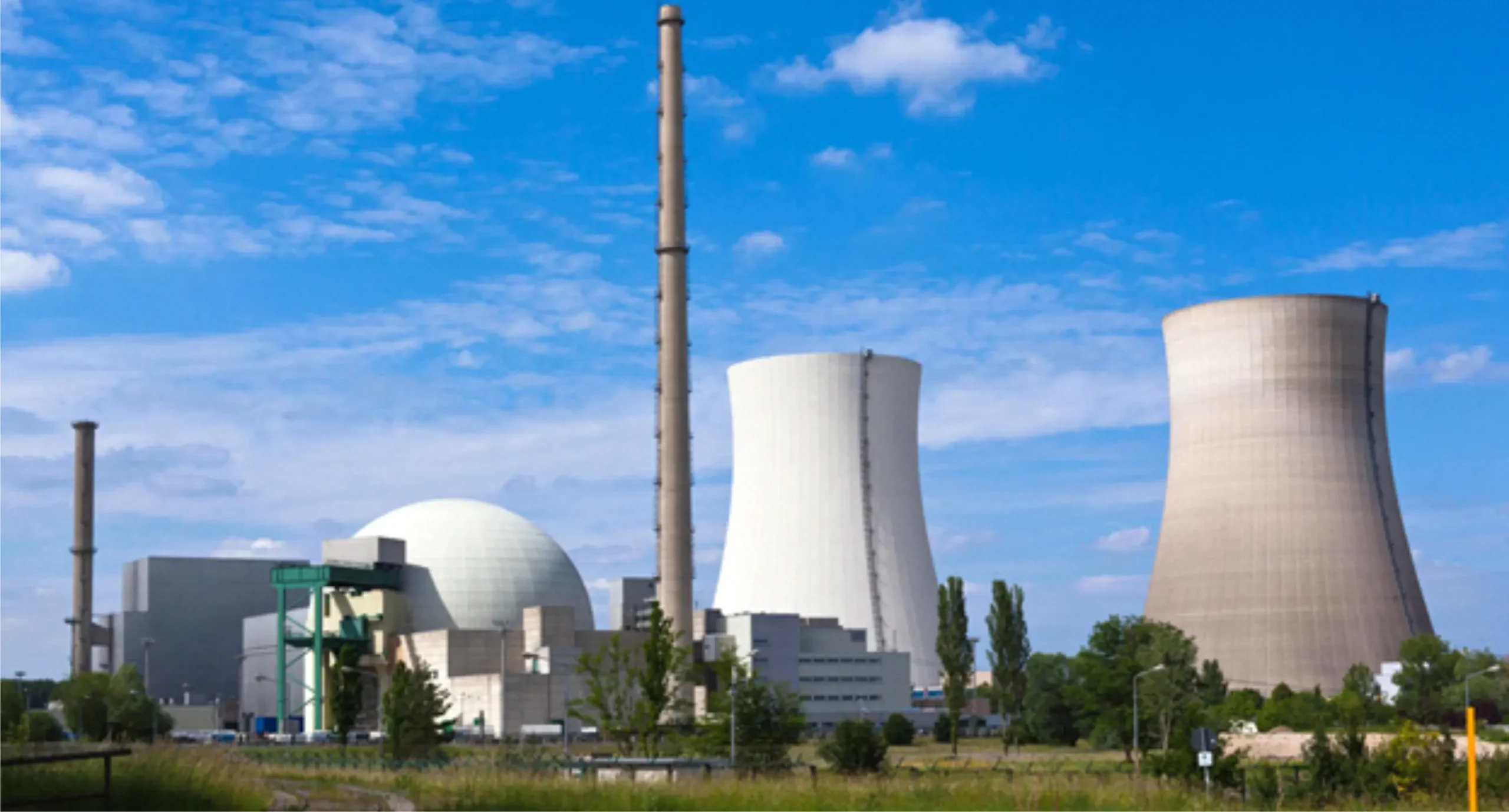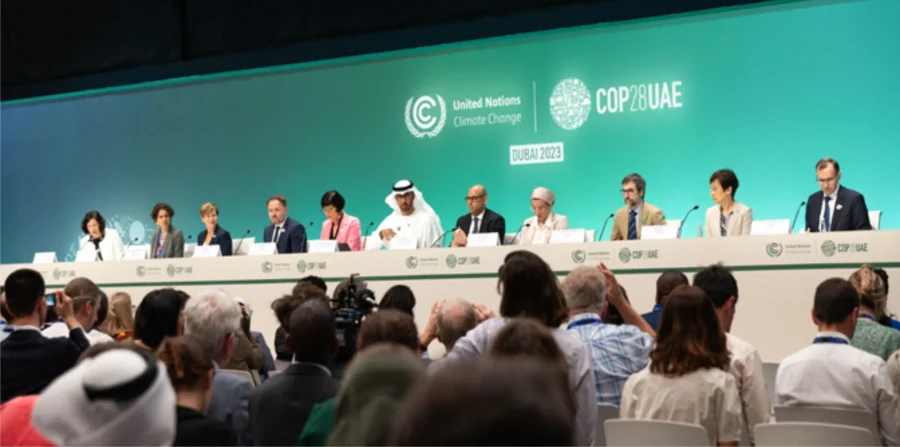Erum Jamal Tamimi
As the world grapples with the challenges of climate change, a quiet revolution is underway. Nuclear energy, once a contentious issue, is emerging as a vital tool in the fight against global warming. Can this unlikely technology really make a difference? Let’s find out!
Climate change is one of the most pressing issues of our time, with far-reaching consequences for our planet and its inhabitants. As we struggle to reduce our carbon footprint, it’s clear that we need a multifaceted approach to tackle this complex problem.
Nuclear energy is a low-carbon power source that has the potential to significantly reduce greenhouse gas emissions. By harnessing the power of atomic reactions, nuclear power plants can generate electricity without burning fossil fuels, making them a cleaner alternative to traditional energy sources.
Advances in nuclear technology have led to the development of small modular reactors (SMRs) and other innovative designs. These new reactors offer improved safety, efficiency, and cost competitiveness, making them an attractive option for countries looking to transition to clean energy.
Nuclear energy isn’t just limited to power generation. It can also be used for industrial applications like hydrogen production, synthetic fuel production, and even desalination. This versatility makes nuclear energy an exciting prospect for a low-carbon future.
Of course, safety and security are paramount when it comes to nuclear energy. That’s why extending the lifetimes of existing nuclear power plants that meet high standards of safety, sustainability, security, and non-proliferation is crucial. This ensures that we can harness the benefits of nuclear energy while minimizing risks.

In November 2023, the 28th conference of the United Nations Framework Convention on Climate Change (UNFCCC), known as COP28, convened in Dubai. Among the notable developments of this gathering was a groundbreaking declaration aimed at tripling nuclear energy capacity by 2050, emphasizing its crucial role in attaining net-zero emissions. This declaration, born out of the recognition of the pressing imperative for decisive measures to combat climate change, signifies a global consensus on the pivotal significance of nuclear energy in steering humanity towards a sustainable future. It reflects a collective acknowledgment of the urgency to embrace bold strategies and innovative solutions to address the challenges posed by global warming.
The declaration made at COP28 marks an extraordinary turnaround in global attitudes towards nuclear power. Just a decade ago, in the aftermath of the Fukushima disaster, nuclear energy had fallen sharply out of favor. Countries across Europe had committed to phasing out their nuclear power plants gradually. However, this recent declaration is a significant shift in perspective, highlighting a renewed recognition of nuclear energy’s indispensable role in combating climate change. The decision underscores a collective acknowledgment of the urgency to embrace diverse, low-carbon energy sources in our pursuit of a sustainable future.
International financial institutions and regional development banks are recognizing the importance of nuclear energy in the fight against climate change. By including nuclear energy in their lending policies, they can support the development of new nuclear power plants and promote sustainable development.
In the battle against climate change, nuclear energy emerges as a formidable ally, offering a pathway to drastically reduce greenhouse gas emissions while fostering sustainable development. By championing its development and utilization, we not only pave the way for a cleaner, greener future but also lay the foundation for prosperity for generations to come. Let’s seize this opportunity, embrace this unconventional yet potent technology, and together, unlock a future where our planet thrives in harmony with nature.
Nuclear energy is a vital tool in the fight against climate change. By supporting its development and use, we can reduce greenhouse gas emissions, promote sustainable development, and create a cleaner, brighter future for generations to come.
So let’s embrace this unlikely technology and unlock a cleaner future for all!










